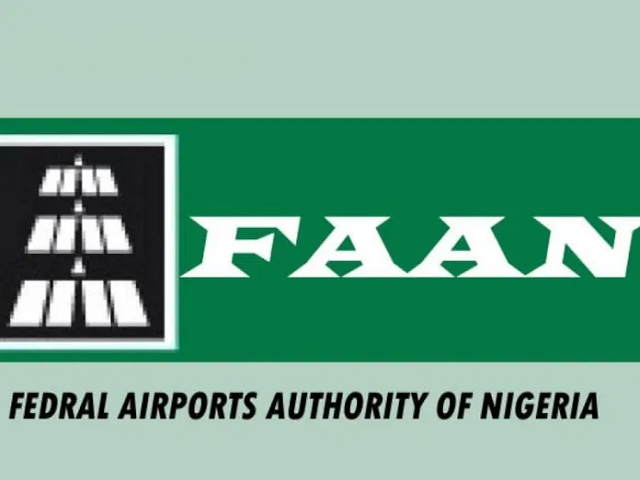Orange, on Wednesday, January 13, stated that they will acquire 100 per cent of the two companies’ share capital.
This follows the slump in profitability for global mobile operators in Africa posing serious challenges to their investments. The consolidated revenue of the Burkina Faso and Sierra Leone subsidiaries is around 275 million euros. These acquisitions will be implemented in partnership with Orange’s subsidiaries in the Côte d’Ivoire and Senegal.
The outlay for Orange for these transactions will be based on the financials of Airtel’s two subsidiaries for the year ended March 31, 2016 and will represent the equivalent of 7.9 times Airtel’s EBITDA (Earnings Before Interest, Tax, Depreciation and Amortisation) in these two countries at this time. The completion of these transactions remains subject to approval by the competent authorities.
These acquisitions provide a clear illustration of Orange’s international development strategy, which places a priority on accelerating growth in high-potential, emerging markets where the Group is not already present.
Through this deal, Orange will reinforce its presence in Africa with two additional countries, adding almost 5.5 million customers to its mobile customer base. This acquisition marks an important step forward in Orange’s dynamic growth strategy and will bring the Group’s African footprint up to 20 countries in 2016.
This is further to the initial agreement signed between Airtel and Orange in July 2015 regarding the potential acquisition of Airtel’s operations in Burkina Faso, Sierra Leone, Chad and Congo Brazzaville. The agreements regarding potential transactions in the remaining two countries have lapsed. Lazard and Société Générale were advisors to Orange for this transaction. Airtel was advised by Arma Partners LLP.
A new study by global technology research and consulting firm International Data Corporation (IDC) said Africa may well be the next frontier for growth and expansion for global telecom operators, but a number of major players have encountered serious challenges around the profitability of their investments in trying to establish a sustainable and economically viable footprint on the continent.
The move was spurred by the steadily declining revenues that Etisalat was pulling in from its international subsidiaries, with all of its West African operations (including Nigeria) contributing just seven per cent to its overall revenues in 2014. IDC also said Orange Telecom talks with Bharti Airtel to acquire subsidiaries in Francophone and Anglophone Africa is largely due to concerns around sustainability and profitability.
Paul Black, director of IDC’s telecoms program for the Middle East, Africa, and Turkey said “The poor level of infrastructure – particularly in relation to electricity supply – is one of the key challenges that telcos encounter when it comes to deploying and maintaining top-quality network operations in Africa.”
“This issue has consistently affected the profitability of telcos due to the increased levels of capital and operational expenditure they must undertake in building and maintaining a passive telecom infrastructure. Some global telcos have also failed to adapt and implement strategies that have succeeded in other regions. Indeed, the majority of global telcos have been unable to localize their global strategies to suit the unique operating environments of the African market.”
He said “The operational challenges facing telcos in Africa have driven growth in the continent’s third-party telecommunications infrastructure management business, and IDC expects the pressing need for telcos to reduce their costs and increase their levels of control to sustain growth in this space,” continues Black. “
IDC advises that in order to increase the likelihood of success, telcos wishing to pursue growth and expansion in the African market must focus on developing enterprise products and services that appeal directly to the wants and needs of the local market, and to small and medium-sized businesses in particular.












